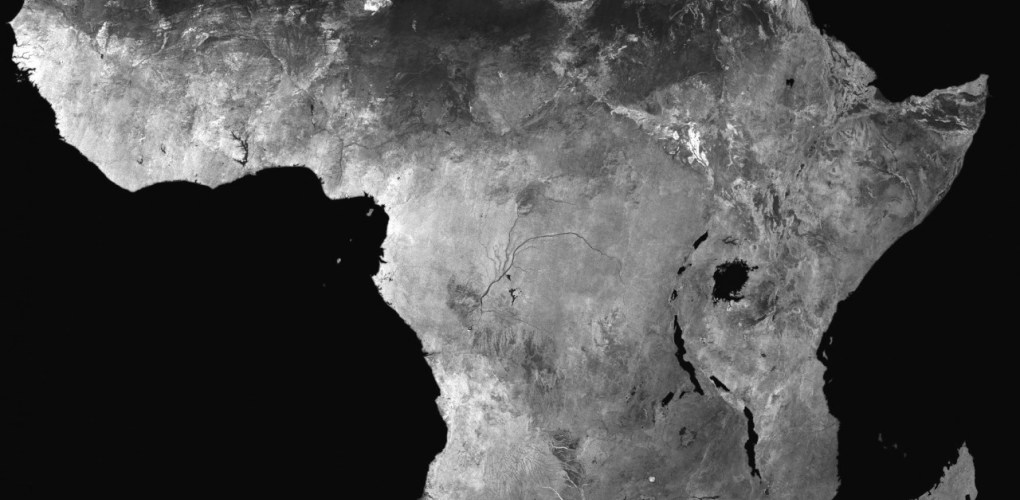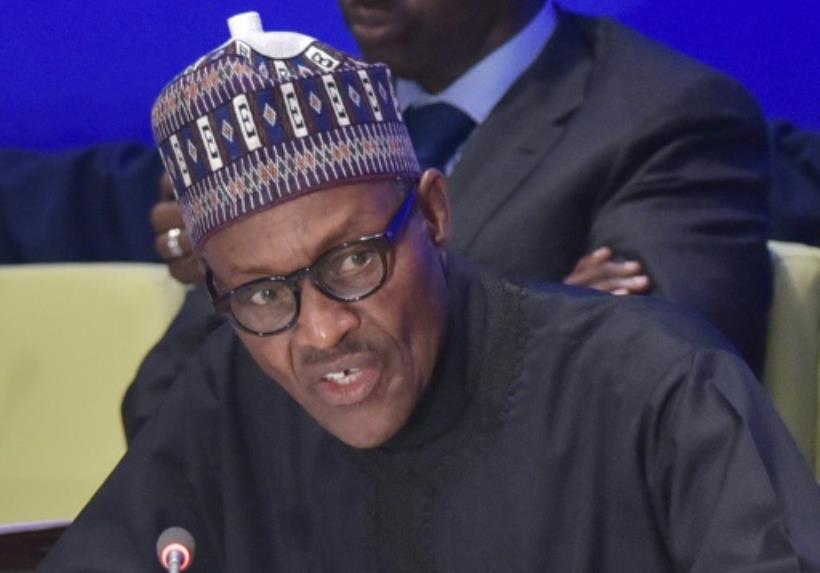While many question Africa’s achievement over the last decade, there is a greater perspective needed to show how far Africa has just come.
Certainly, Africa is not monolithic – it’s 54 Africas – but just if you count up the GDP figures for the whole continent, it averages 5 % growth per year over that period, according to the world bank – a strong long term position that is well above the global average of 3 % over the last decade..
Since 2000, Africa has also seen a 200 % increase in intra-continental trade and trade with the rest of the world. Fast forward, Africa continues to house some of the world’s fastest growing economies and despite the recent collapse in commodity prices, private equity investment grew by 51 % last year.
At least a dozen economies have grown by more than 6 % per year for six years or more.
Source: AI, May 2016
 afric-Invest
afric-Invest



